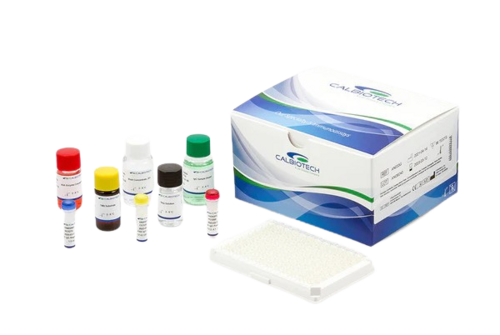Product Description
SUMMARY AND EXPLANATION
Systemic autoimmune disease is characterized by the presence of circulating auto-antibodiesdirected to a wide variety of cellular antigens. Systemic lupus erythematosis (SLE), commonlyreferred to as Lupus is the best known of these diseases. Other possible connective tissuediseases include mixed connective tissue disease (MCTD), Sjogren syndrome, sclerodema, andpolymyositis/dermatomyositis. The majority can be diagnosed by clinical presentation and theirantibody profiles to the various antigens involved, which include dsDNA, SM, RNP, Ro, La Scl70, Jo1 and Histones. Therefore, immunoassays for autoantibodies are useful for diagnostic andprognostic evaluations of autoimmune disease. The SM or Smith antigen is composed of nuclearRNA and several polypeptides. Antibodies to SM are present in approximately 30% of patientswith SLE (systemic lupus erythematosis). SM is a very specific marker for SLE. SM antibodiesare very rare in other autoimmune diseases and normals.
PRINCIPLE OF THE TEST
Diluted patient serum is added to wells coated with purified antigen. IgG specific antibody, ifpresent, binds to the antigen. All unbound materials are washed away and the enzymeconjugate is added to bind to the antibody-antigen complex, if present. Excess enzymeconjugate is washed off and substrate is added. The plate is incubated to allow the hydrolysis ofthe substrate by the enzyme. The intensity of the color generated is proportional to the amountof IgG specific antibody in the sample.

